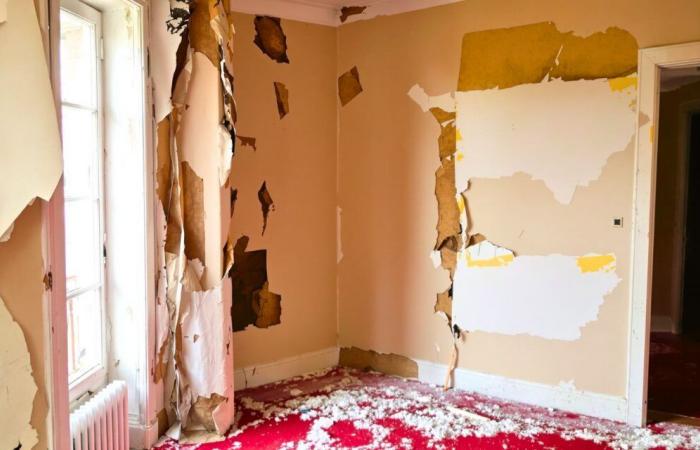
This shock reform is a new challenge for owners and tenants with the law on thermal strainers!
A legislative reversal could soon impact all owners and tenants in France regarding housing energy standards. The new proposed law on energy renovation, supported by deputies Bastien Marchive and Inaki Echaniz, could change the situation for hundreds of thousands of homes deemed inefficient. This law aims to adapt the current criteria and introduce more flexibility into the energy renovation requirements of buildings.
Also read:
The origins of the proposal
The origin of this proposal is based on the desire to revise the regulation thermal strainers. Despite the adoption of the climate law aimed at gradually eliminating the rental of energy-inefficient housing, this new measure aims to moderate the current approach by allowing certain exceptions to the ban. This reform is considered necessary to avoid negative impacts on small landlords and economically vulnerable tenants.
A change in current law
This bill provides for significant changes in the management of rentals of housing classified G. Unlike current provisions, it would introduce the possibility for owners to continue to rent these housing units under specific conditions, thus relieving the real estate market. This change would allow a smoother transition to stricter energy standards without causing a housing crisis.
Potential impact on the housing market
The implications of this proposal are vast, affecting around 950,000 homes across the country. This measure aims to avoid a massive withdrawal of housing from the rental market, while encouraging owners to carry out the necessary renovations. It also seeks to stabilize the real estate market by avoiding sudden fluctuations in housing availability.
Reactions and controversies
The debate around this law is lively, with opinions divided between government support and political opposition. Critics point to a risk of slowdown in the fight against energy poverty, while supporters argue on the need for flexibility to stimulate renovation. Parliamentary discussions on this subject are lively, reflecting the important social and economic issues linked to this reform.
Technical details of the proposal
The proposal details concrete measures to supervise the transition towards more eco-responsible housing. It specifies the conditions under which owners can continue to rent G-rated accommodation, introducing a system of exemptions based on the renovation efforts undertaken. This technical and detailed approach aims to make the legislation more adaptive and responsive to realities on the ground.
Consequences for owners and tenants
Owners will be encouraged to improve the energy efficiency of their properties to avoid penalties. At the same time, tenants would benefit from protection mechanisms allowing them to request rent adjustments or even compulsory work via legal recourse in the event of non-compliance. This dynamic creates a new balance of rights and responsibilities between the parties, promoting constructive dialogue and increased awareness of energy issues.
Double tax penalty for millions of French people with this new tax increase in real estate and the return of this tax which threatens purchasing power and aggravates the housing crisis
This article explores the potential impact of the new proposed law on thermal sieves in France, considering a relaxation of current rules to encourage energy renovation while maintaining the supply of available housing. It proposes a balance between environmental requirements and real estate market realities, with profound implications for owners and tenants. This reform is presented as a necessary development to respond to the challenges of climate change while taking into account the economic realities of citizens.





